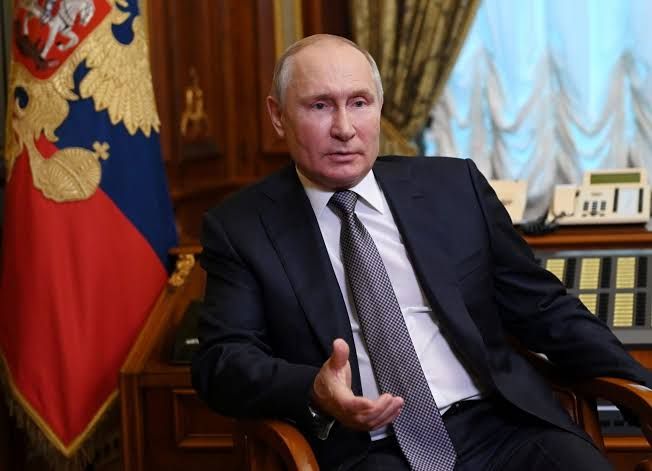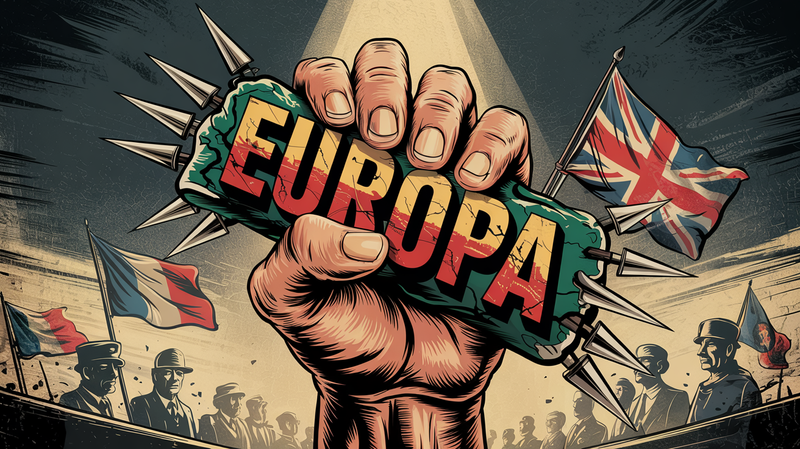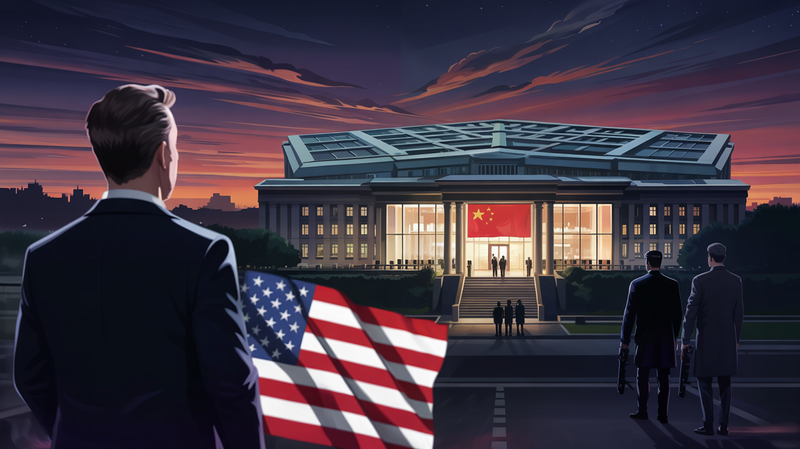Putin's Rise Amidst Turmoil: A Deeper Analysis of Russia's Internal Dynamics and Its Global Implications
A recent sequence of events in Russia's political landscape has resulted in some intriguing aftermath, shaking up the system and setting the stage for new possibilities. President Vladimir Putin's approval ratings have significantly surged. Navigating what could be seen as the most perilous crisis in modern

A recent sequence of events in Russia's political landscape has resulted in some intriguing aftermath, shaking up the system and setting the stage for new possibilities.
President Vladimir Putin's approval ratings have significantly surged. Navigating what could be seen as the most perilous crisis in modern Russian history, even surpassing the tumultuous times of 1993, Putin has demonstrated an ability to tackle crisis situations that bolsters his image domestically.
However, while Putin's stature grows, his sacrosanct status is seeing a downfall. A precedent has been set where defiance against the federal center might go unpunished – a scenario unseen in Russia for a considerable period.
These events have put law enforcement agencies under a rigorous test, revealing chinks in their armor. Should the authorities draw conclusions from these revelations, it could lead to a strengthened administrative system.
An unforeseen outcome of the unrest is the empirical proof of Defense Minister Sergei Shoigu's weakness. His unpopularity indirectly enabled resistance against the federal center, posing a potential existential threat to the Kremlin.
These incidents have further cemented the feudal nature of Russia's political system where verbal agreements triumph over criminal law. It will be intriguing to witness how the General Prosecutor's Office revokes prosecution decisions issued by the Federal Security Service.
The recent upheaval has created an inoculation against internal turmoil for the foreseeable future. It offers the authorities a chance to construct any narrative based on their unique perception of the events.
Moreover, the unfolding crisis has led to even more solidification of elites around Putin, as he emerges as the sole guarantor for them. For the West, a predictable and comprehensible Putin is deemed a safer bet than a more radical counterpart. Consequently, one can expect a gradual easing of pressure on Russia, strengthening the peaceful track in global geopolitics.
Reinforcing this perspective, John Kirby, the Strategic Communications Coordinator for the White House National Security Council, stated that the U.S. sees no intentions of Russia using nuclear weapons in Ukraine, considers the situation surrounding the Wagner Private Military Company an internal Russian matter, and anticipates further positive contacts with Russia. These statements subtly bolster Putin's position, underlining that the U.S. is focusing on supporting Ukraine rather than taking sides in Russia's internal matters.
Ukrainian President Volodymyr Zelensky has been sent a clear signal: the U.S. disapproves of provocations. This leaves Zelensky with a tricky choice: opting for a "freeze" in actions that may be perceived as ignominious, or siding with Britain and Poland against Russia in defiance of U.S. expectations.




